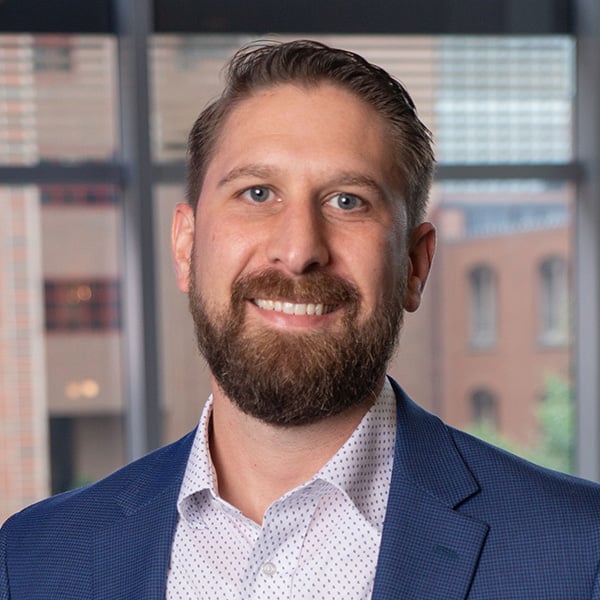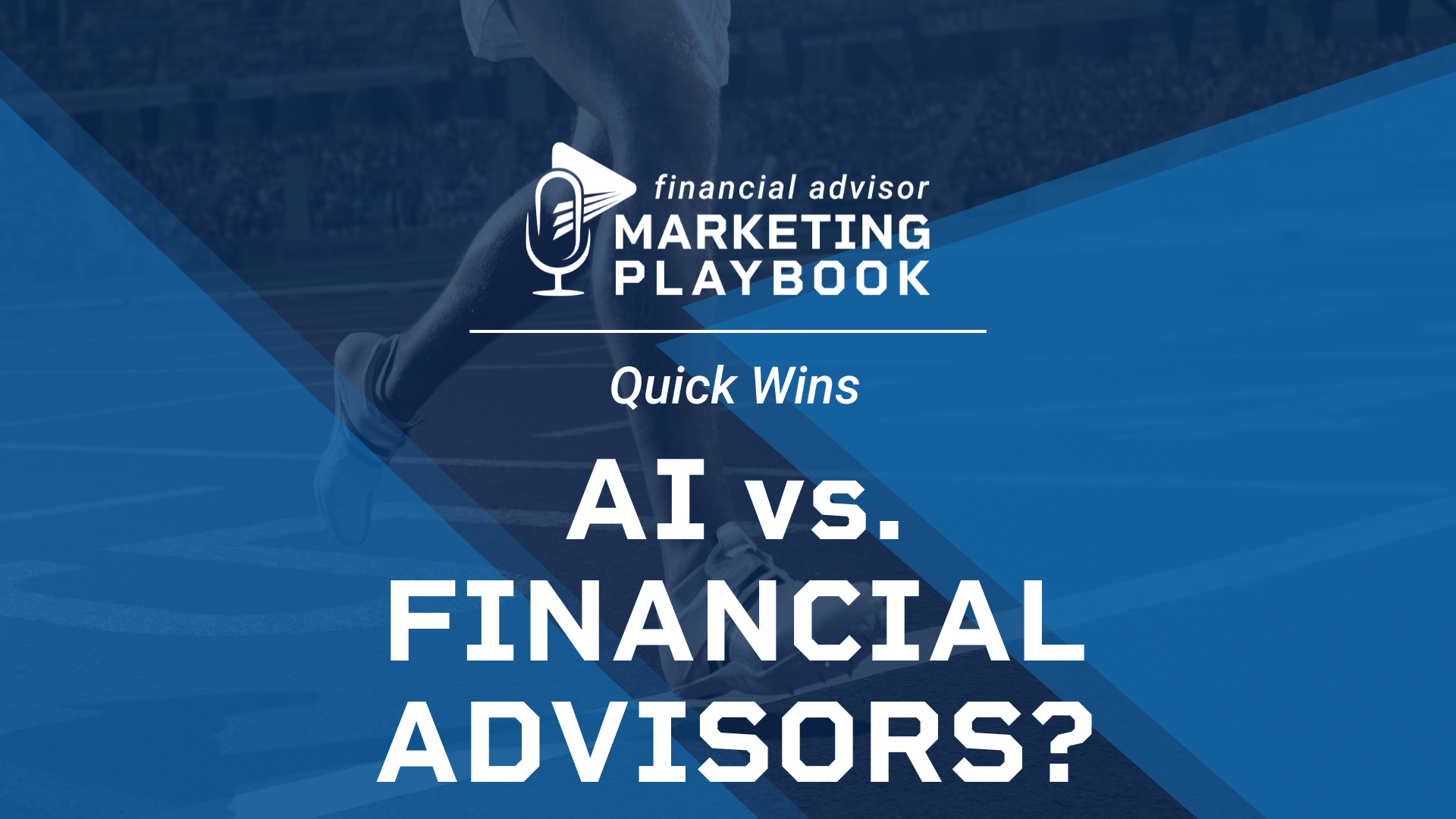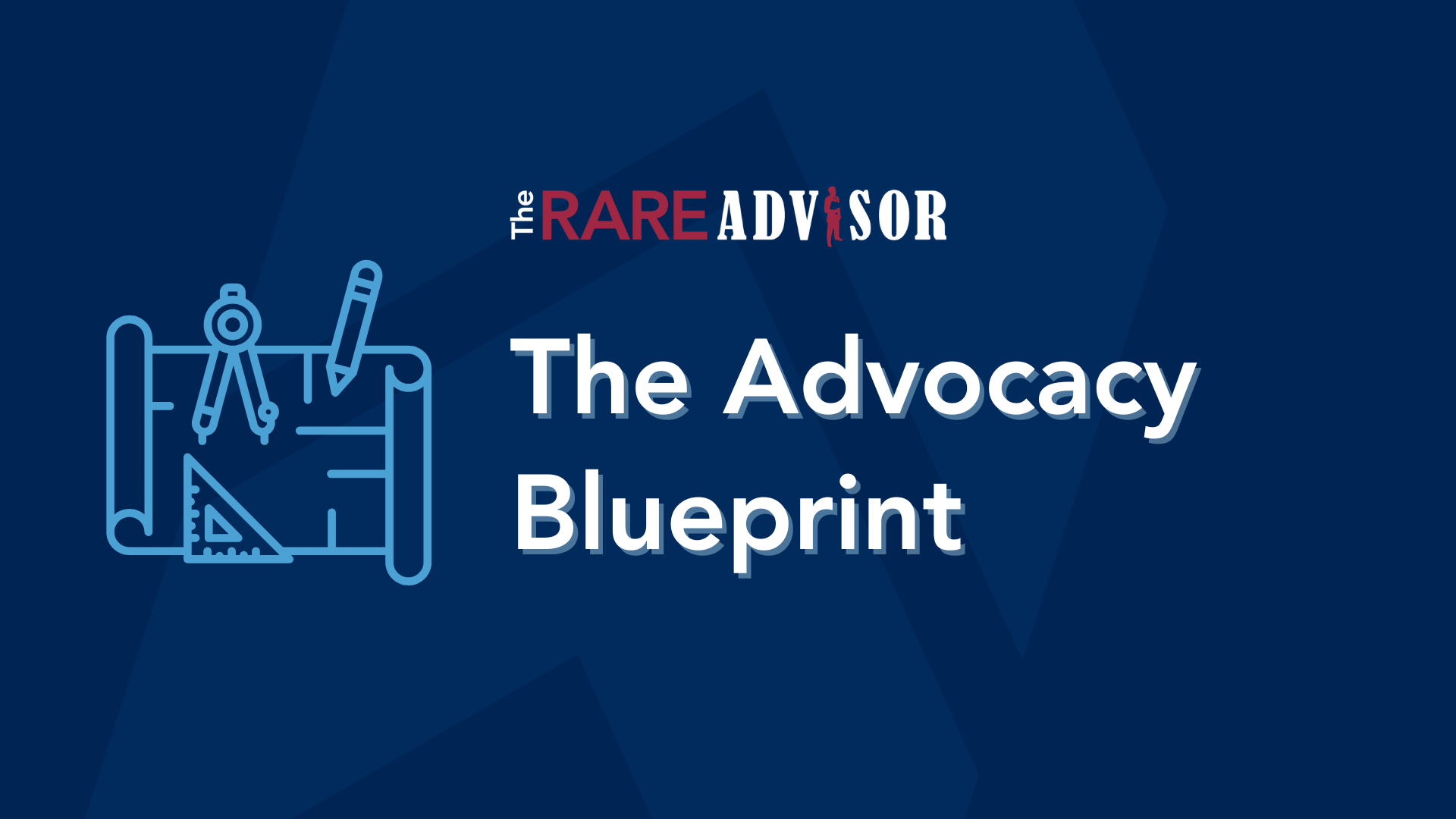Maximizing Strategic Partnerships

When I talk to advisors about strategic partnerships with attorneys or CPAs everyone loves the idea, but the response I usually hear is, "they rarely work." The question is why?
Below are three main reasons that these partnerships most likely fall flat:
1. They don't trust you.
Probably the most obvious reason of all three, but why should they? When you meet with an attorney or CPA do you expect them to share their client base simply because you do? Their referral to your services reflects them in a positive or negative light depending on how well you do your job. So, it’s no surprise they don't want to risk the relationship they have with a client. A solid strategic partnership isn't built over a single conversation.
2. Attorneys and CPAs aren't salespeople.
They traditionally have a service that is bought, not sold, unlike financial products. They aren't hosting seminars in an attempt to convince people that they are needed. They are already needed. Since they don't sell for a living, you can't expect them to immediately convince any of their clients to come see you. You may think it’s easy for them to refer a client to you, but when it comes to protecting their reputation, it’s easier not to.
3. They can't articulate your value.
This is the elephant in the room. Even if you can build trust and get them to mention you to their clients, what is the message that is being delivered? How do they describe you? Financial guy? Financial advisor? Insurance guy? Investment guy? If you were the client, would that motivate you to switch from the trusted advisor you already have? Their description of you and your practice provides zero professional contrast, which results in the relationship being a flop.
Utilizing strategic partnerships can be a huge advantage for your firm. If you have been unable to garner consistent and quality introductions from your strategic relationships reach out to us to learn how our strategic partner process works. You are most likely just one small adjustment away from a flood of referrals.
Author Info

Matt Jaksa is a Business Development Recruiting Consultant with USA Financial, joining the firm in 2017. He is responsible for helping...
Related Posts

AI vs. Financial Advisors: Strategies to Future-Proof Your Practice
AI is reshaping every industry, and financial advice isn’t immune. Are you prepared? In this episode of The Financial Advisor Marketing Playbook, Mark Mersman unpacks a recent Microsoft study ranking personal financial advisors among the occupations most at risk of AI disruption—and explains why some advisors should be worried. More importantly, he outlines five practical strategies to stay relevant and thrive in the age of AI: doubling down on relationships, positioning yourself as a trusted guide, embracing holistic planning, staying tech-savvy, and deepening your niche expertise. Discover how to combine human connection with technology to build an unshakable practice in an AI-driven world. Whether you're a solo advisor, part of an RIA, or work at a larger firm, this episode gives you the roadmap to not just survive the AI revolution—but profit from it.

The Advocacy Blueprint: It All Starts with The First 30 Days
In this episode of The Rare Advisor, Aaron Grady reveals how to transform the first four weeks of a client relationship into a powerful engine for client advocacy—without ever having to ask for referrals. Learn how to create emotional connection, professional contrast, and a first-class onboarding experience that turns new clients into raving fans. Aaron breaks down a simple, four-step process—thank you card, welcome packet, personalized gift, and a care meeting—to help financial advisors stay top of mind, build trust, and intentionally trigger word-of-mouth introductions. If you're ready to elevate your client experience and grow your financial advisory practice through advocacy by design, check out this episode.

Your Business Map: Growth, Expansion, Legacy
In this episode of The Rare Advisor, Aaron Grady is joined once again by Steve Phillips, Chief Practice Management Officer at USA Financial, for an insightful conversation about the three phases of an advisory practice: growth, expansion, and legacy. Discover how to identify where your financial advisory business stands today—and why understanding your current phase is just as important as knowing where you're headed. Whether you’re an independent financial advisor scaling your team, planning a succession strategy, or navigating the evolution of your firm, this episode offers actionable insights to increase enterprise value, improve team retention, and build a lasting legacy. Perfect for financial advisors seeking clarity on business growth, practice management, succession planning, and future planning.

AI vs. Financial Advisors: Strategies to Future-Proof Your Practice
AI is reshaping every industry, and financial advice isn’t immune. Are you prepared? In this episode of The Financial Advisor Marketing Playbook, Mark Mersman unpacks a recent Microsoft study ranking personal financial advisors among the occupations most at risk of AI disruption—and explains why some advisors should be worried. More importantly, he outlines five practical strategies to stay relevant and thrive in the age of AI: doubling down on relationships, positioning yourself as a trusted guide, embracing holistic planning, staying tech-savvy, and deepening your niche expertise. Discover how to combine human connection with technology to build an unshakable practice in an AI-driven world. Whether you're a solo advisor, part of an RIA, or work at a larger firm, this episode gives you the roadmap to not just survive the AI revolution—but profit from it.

The Advocacy Blueprint: It All Starts with The First 30 Days
In this episode of The Rare Advisor, Aaron Grady reveals how to transform the first four weeks of a client relationship into a powerful engine for client advocacy—without ever having to ask for referrals. Learn how to create emotional connection, professional contrast, and a first-class onboarding experience that turns new clients into raving fans. Aaron breaks down a simple, four-step process—thank you card, welcome packet, personalized gift, and a care meeting—to help financial advisors stay top of mind, build trust, and intentionally trigger word-of-mouth introductions. If you're ready to elevate your client experience and grow your financial advisory practice through advocacy by design, check out this episode.

Your Business Map: Growth, Expansion, Legacy
In this episode of The Rare Advisor, Aaron Grady is joined once again by Steve Phillips, Chief Practice Management Officer at USA Financial, for an insightful conversation about the three phases of an advisory practice: growth, expansion, and legacy. Discover how to identify where your financial advisory business stands today—and why understanding your current phase is just as important as knowing where you're headed. Whether you’re an independent financial advisor scaling your team, planning a succession strategy, or navigating the evolution of your firm, this episode offers actionable insights to increase enterprise value, improve team retention, and build a lasting legacy. Perfect for financial advisors seeking clarity on business growth, practice management, succession planning, and future planning.

